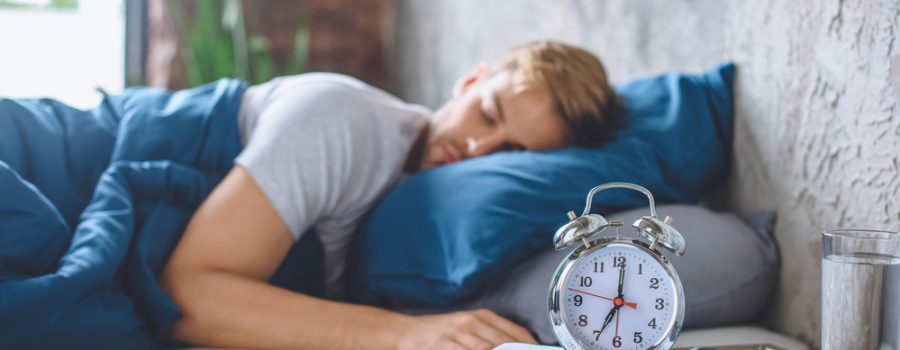Although it’s a cliché that university students lack sleep, that doesn’t mean this is a lifestyle you have to buy into. Insufficient sleep means you’ll be unable to focus properly, which can impact your concentration in class and on other tasks. You’ll also struggle to remember information, which will affect your performance on tests. Finally, being unable to function properly can put you at risk of an accident, particularly when driving or playing sports.
Fortunately, getting ample sleep doesn’t have to be a challenge. Here are a few ways to prioritize rest during your time at university.
- Set a Bedtime
Figure out how many hours’ sleep you need a night and make sure you consistently sleep enough. Bear in mind, this isn’t the amount you need to just about function but to wake up feeling fully rested — most people require eight hours. Tune your body clock by going to bed and waking up at the same time each day. You can use the sleep app on your phone to remind you to go to bed and wake up. This will help you fall asleep faster and you won’t struggle as much to get up in the morning. - Avoid Caffeine Late in the Day
Many people find that caffeine helps them to wake up in the morning or gives them a boost of energy when they start feeling sleepy in the afternoon. However, caffeine stays in your system much longer than you may expect. It’s important to avoid anything with caffeine from the late afternoon onward — otherwise, you may find it difficult to fall asleep. A short stroll or a glass of cold water are better options for waking you up later in the day. - Turn Off Screens
Something else that will prevent you from sleeping is looking at screens. Put away all your electronics no later than 30 minutes before bedtime. - Take Naps
There may be times when you’re unable to sleep as much as you would have liked. You may have had the chance to attend an exciting event that lasted until late or it may just take you a while to create a schedule that works for you. Any days when you’re feeling tired because of a lack of sleep, try to find time for a nap. Just avoid napping for more than 20 minutes and nap no later than about 3 p.m. to prevent it from having an impact on your sleep at night. - Sleep in Peace
Create an environment that’s conducive to good sleep. Make your room dark and use earplugs or a sleep mask, if necessary. - Exercise Daily
You should be exercising on a regular basis for the large amount of health benefits this brings. One of these benefits is improving your sleep quality. Find an activity you enjoy, whether that’s belonging to a sports team, taking fitness classes on campus, or even going for walks in the park.
You’ll find that you sleep much better if you live in off-campus housing. A great option for Fleming College residence is Severn Court. You’ll have your own bedroom in a suite with just five other students. Plus, as you’ll be living directly across from campus, there’s no need to wake up extra early to make it to your morning classes on time. Take a virtual tour to see our housing for yourself.






